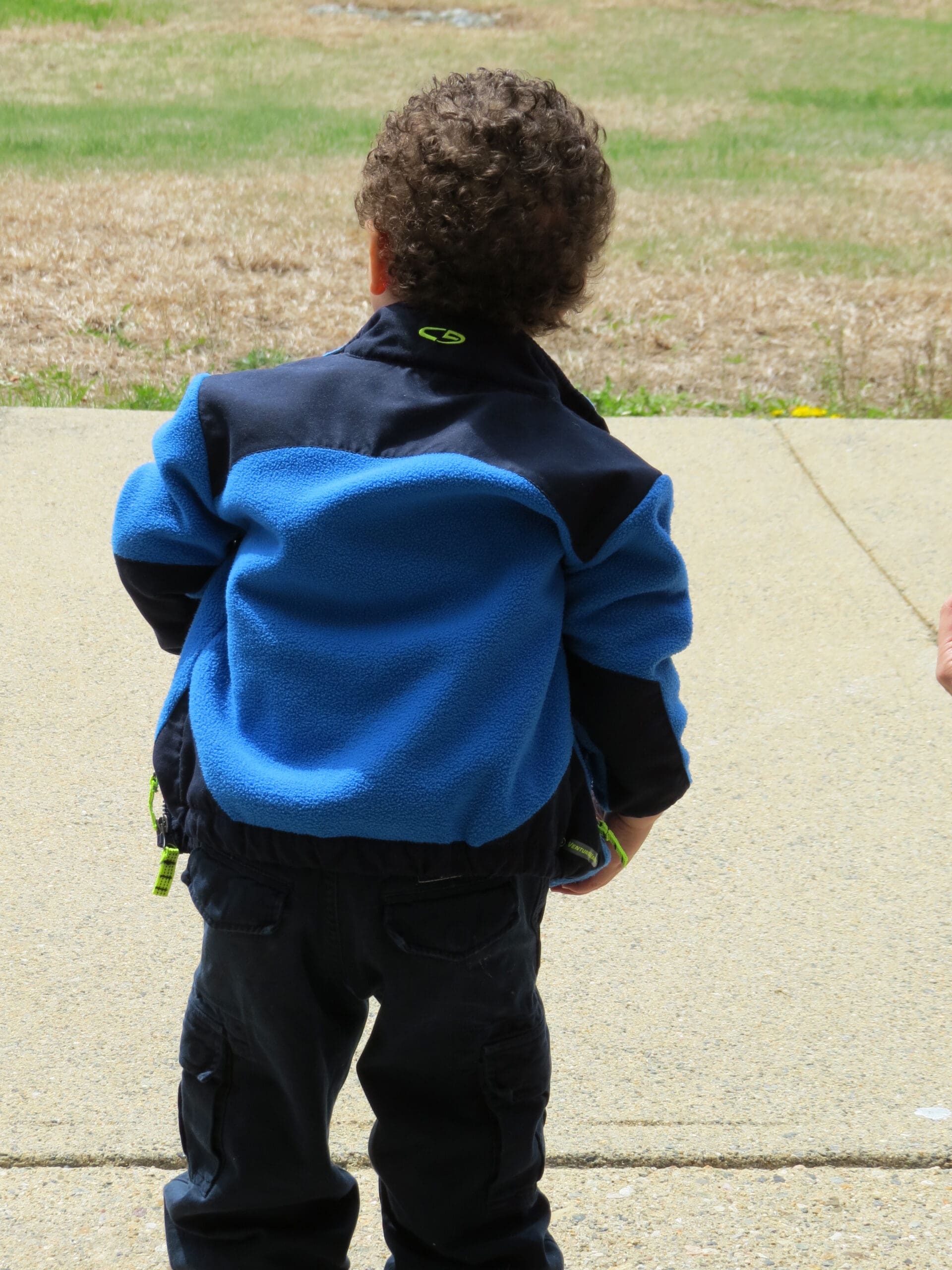At an adoption finalization last spring, I had the privilege of witnessing the union of a family. It was a little gal I knew from a previous work-life, who wandered her way back in my direction. She found her forever home with one of the most loving, big-hearted families I have ever had the honor of knowing. Her present and future were immediately wrapped in love and were more clearly planned out, yet much her early years were lost. She bounced from home to home eight times before she landed on their doorstep. They could not tell her when she started crawling, where her first step took place, what her first word was, whether she cried or smiled on Santa’s lap for her first Christmas. It is a loss common for children in foster care. This time, however, we were in luck: she had been born at a teen living program, the program for which I previously worked. The program that was shutter-happy and took pictures as often as young moms and their babies would sit still. A call to the program on that spring day produced two photos, which the staff combed through archives to find. Only two pictures, but those pictures meant something. They meant that she would be able to see what she looked like as a baby. She would know that her first Halloween costume was a bumble bee. She would know her mother, a young lady with the best of intentions but enormous barriers, had selected that costume carefully and had beamed with delight at the sight of her in it. She will be able to look back and know that she has been loved her entire life, right from the start, and that she has mattered. Her parents will tell her the story of how she entered their home, but they will also have a piece of her history and be able to show her a small piece of her puzzle.
Foster care is often necessary, but there are unavoidable losses. One of the losses, however, is very preventable. Children’s histories and experiences do not have to be among the missing. One of our most experienced foster parents shared with us that she views her role as that of a historian. More than responsible for the physical well-being of the children placed in her family’s care, she is there to help them keep together the pieces of their stories. When children move home to home to program to home, things get lost. Report cards don’t stay with children, art work gets forgotten somewhere, no one thought to take a picture of the first tooth/first day of school/first dance/first job. These are irreplaceable mementoes, so Miss S challenges herself to document all of the little moments. She makes two copies of the prints; one for the child, one for her filing cabinet. Over the years, adults have turned up on her doorstep, asking if she remembers them. Not only is she able to say, “Yes, you are So-and-So and you lived here.” She is able to go to her cabinet, pick out their file, and show them that they have stayed with her always and left their mark. The proof of their existence, of their meaningfulness, is a salve and a booster. To know that love is reciprocal is a validation and affirmation. It answers questions, helps establish a timeline, and enables kids who become adults to know that their past mattered and someone cares about their future.
If you are a caring, photo-happy, strong, steadfast, resilient, generous, supportive individual, give us a call and learn more about fostering today. You will be able to both document and make history!
*The attached picture was snapped at our program's Earth Day celebration. This little gentleman discovered his shadow that day and spent the majority of his afternoon chasing it!
#FosterHopeFosterCare #OpenHeartsOpenHomes #StarfishProject #oneatatime














